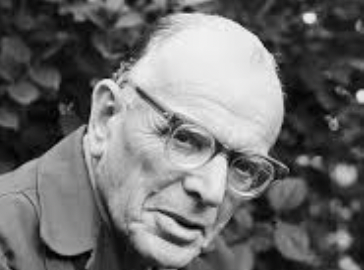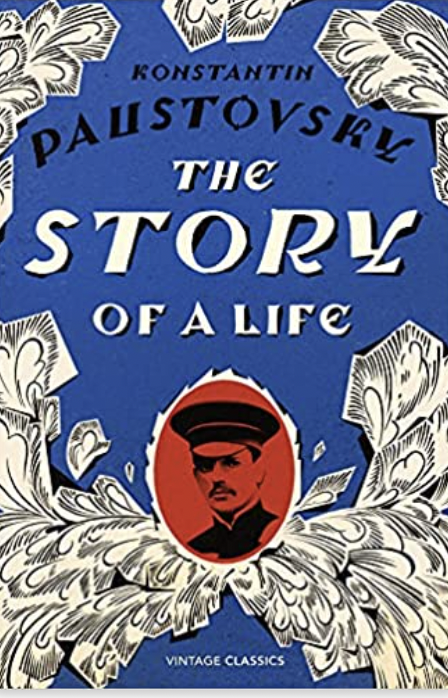
The Greatest Russian


Even amid the cold war and its terrifying moments in the past, there were flashes of humanity and examples of mutual appreciation. In 1964, Marlene Dietrich accompanied by Burt Bacharach and a band of Soviet musicians featured a near-nude beaded dress worn under white fur. Her opening night was given standing ovation by 1, 500 audiences with favorites like “ I Can’t Give You Anything But Love”. Konstantin Paustovsky, the 72-year-old, who recovered from a heart attack attended one of her last shows and emerged from the audience to greet her as the Hollywood legend fell to her knees on the stage before him.
Konstantin Paustovsky never won any international recognition he deserved, nominated more than once for the Nobel Prize in Literature, he suffered from the uproar that has surrounded the award of the prize in 1958 to Boris Pasternak, author of Dr Zhivago, as the Swedes were reluctant to goad the Soviet bear a second time and in 1965 missed the novelist award to Mikhail Sholokhov, who was more acceptable to the Brezlinev regime.
Romantic and lyricist, Paustovsky was a second world war correspondent on the southern front and published memoirs that made his name. His work reveals the limits of tolerance within the Soviet system, is a master of the vignette that conveyed the beauties of the Russian landscape.
The Story of Life begins in the heart of Tsarist Ukraine, with spring in Kyiv, a telegram telling him his father is dying on the family farm on an island in the middle of the river Ros. In the small town of Bila Tserkva, the schoolboy finds a coachman and a priest and they set off, ot the trees of the famous Alexandria Garden, a long-forgotten Ukrainian Versailles, and reach the riverbank. In the bed, his dying father whispered “ I fear your lack of character will ruin you”. In the midst of beggars and bandits, conmen and Tsars, the keen-eyed narrator searches for order amid the chaos of a disintegrating world. In the first world war, he serves in the ambulance unit at the front and witnessed Bolsheviks seize power in Moscow and return to Kyiv. In war-torn Odesa he watched the crowds fleeing to the docks to make their escape from the advancing Red Army.
The Story of A Life: Volume 1-3 by Konstantin Paustovsky translated by Douglas Smith, Vintage Classics £25, 816 pages.
